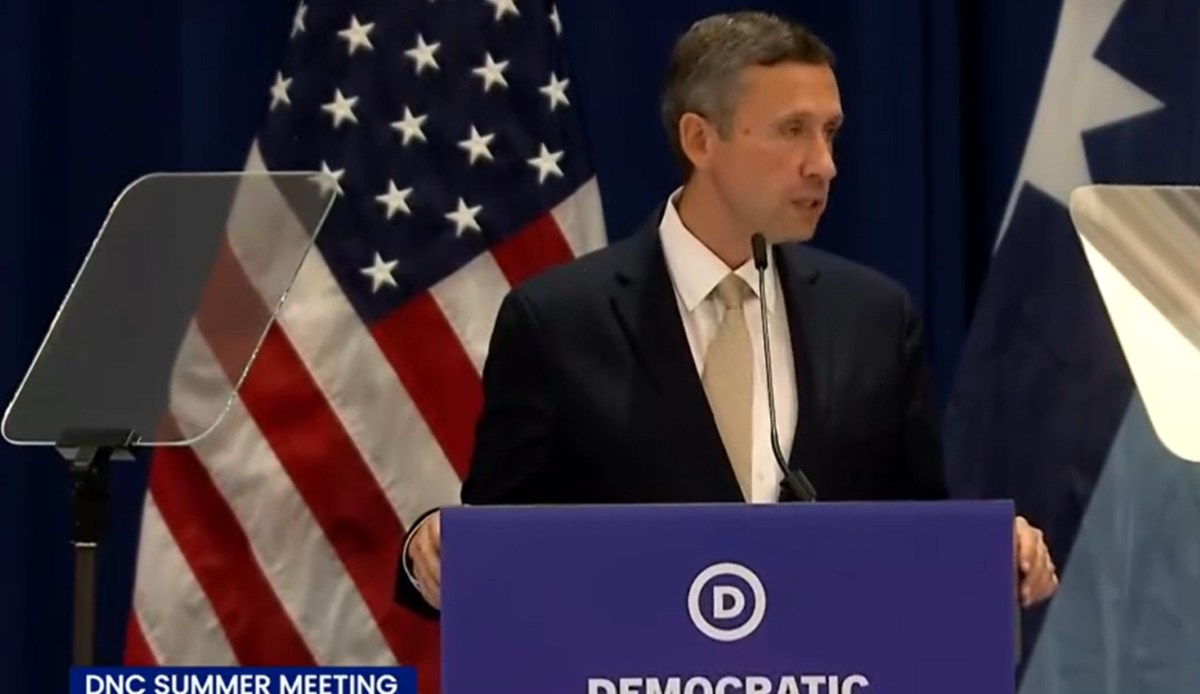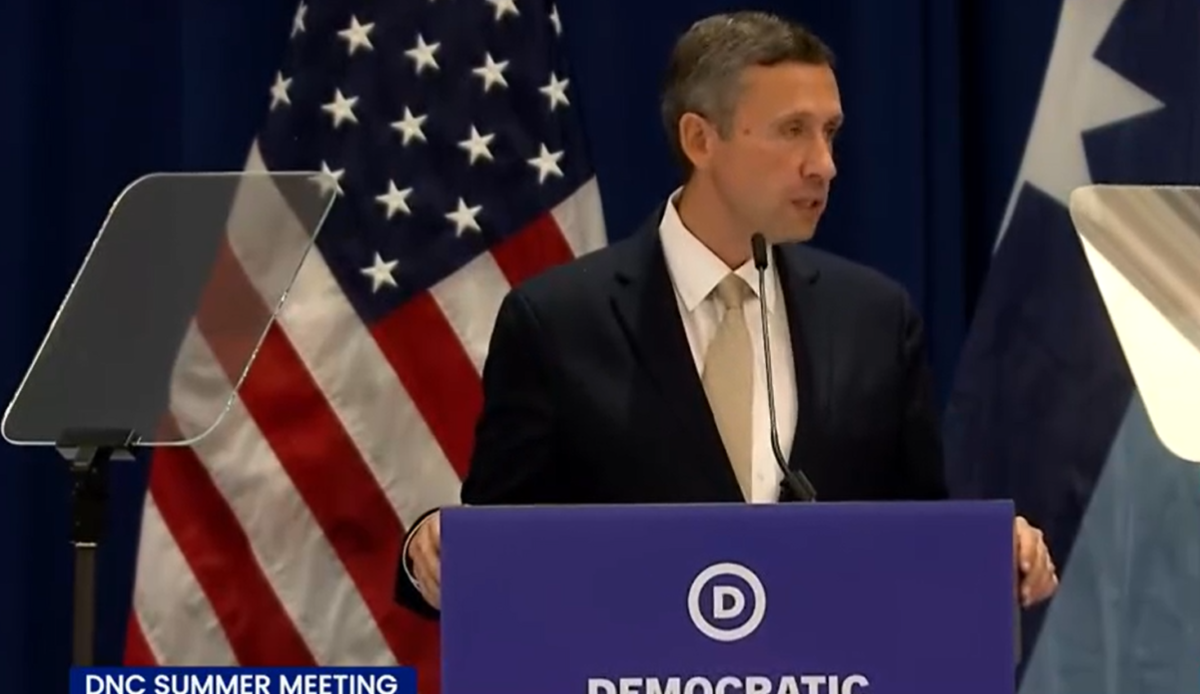A new report from the Michigan Fair Elections Institute (MFEI) warns that adopting ranked-choice voting (RCV) could significantly harm the integrity of elections in Michigan. The analysis highlights various issues associated with RCV, particularly if a proposed constitutional amendment requiring its implementation in major federal and statewide elections is approved by voters.
Supporters of the amendment are currently gathering signatures to place the measure on the ballot for the 2026 midterm elections, as reported by the Detroit Free Press. The MFEI report argues that the adoption of RCV would lead to non-majority election winners, decreased voter confidence, and increased risks of corruption.
“To summarize, ranked choice voting, RCV, is the name of the system proposed here in Michigan, while Instant-Runoff Voting, or IRV, is the mechanism which the proposed amendment seeks to implement. Both are problematic, and enacted in concert, their impact would be disastrous,” the report states.
Under RCV, voters rank candidates in order of preference. If no candidate receives more than 50 percent of first-choice votes in the initial round, the candidate with the fewest votes is eliminated, and their votes are redistributed to the remaining candidates based on voters’ second choices. This process continues until one candidate achieves a majority.
Critics of RCV, including the MFEI, cite research indicating that the system has led to voter disenfranchisement in other jurisdictions. For example, a study published in the Journal of Urban Affairs found that RCV decreased voter turnout among both Black and white voters in San Francisco mayoral elections from 1995 to 2011. The study reported an 18% decline in turnout among Black voters and a 16% decline among white voters after RCV was implemented.
The MFEI report also points to higher rates of ballot-marking errors and ballot exhaustion as additional factors contributing to voter disenfranchisement. Ballot exhaustion occurs when voters select only one candidate, resulting in their ballot being discarded if that candidate does not win a majority in the first round.
“The outcome of this, of course, is that candidates or parties declared ‘victorious’ through ranked choice elections may not be the first, second, or even third choice of a majority of voters,” the report notes.
In addition to potential voter disenfranchisement, the MFEI report highlights the increased financial and administrative burdens that RCV systems impose on election officials. Citing a previously published article in the University of Cincinnati Law Review, the report argues that implementing RCV requires significant resources for voter education, new ballot printing, and expensive ballot machines.
MFEI Chair Patrice Johnson emphasized the importance of understanding the flaws in RCV. “Understanding RCV’s significant flaws is a nonpartisan issue and essential to preserving the integrity of Michigan’s elections,” Johnson said.
Supporters of RCV argue that it promotes a more representative electoral process by allowing voters to express their preferences more fully. However, the MFEI report suggests that the complexities and potential downsides of the system could outweigh its benefits.
As Michigan voters consider the proposed amendment, the MFEI urges caution and thorough evaluation of RCV. The report concludes that while the existing election system may not be perfect, any reform should be carefully assessed within the context of the nation’s longstanding electoral laws and practices.
READ ICE Arrests Convicted Criminals in Nationwide Operation



